Table of Contents
ToggleIf you’re here, you are likely looking for the best foods to eat after IUI for Success or foods to support fertility in general. Despite how cliche it may sound, you are not alone. WHO report shows that There are nearly 48 million couples worldwide who suffer from infertility. As a result of the advancement of ART, known as Assisted Reproductive Technology, various treatments are available. Despite this, fertility treatments are complicated procedures requiring extensive care before, during, and after. It is, therefore, imperative to follow a healthy nutritional regimen during fertility treatment, such as IUI.
Let’s get into the details of what to eat after IUI for success and find out how nutrition plays an essential role after infertility treatments.
IUI and its Success Rates
IUI is a treatment that is used to treat infertility. It is a less invasive method that involves injecting cleaned, concentrated sperm into the patient’s uterus around ovulation in the hopes that the sperm may enter the fallopian tube, fertilize an egg that is already developed, and result in pregnancy. Most people need more than one IUI cycle to get pregnant.
This technique is usually recommended to people with unidentified causes of infertility, who have slight male infertility, infertility associated with endometriosis, infertility due to cervical issues, infertility due to ovulatory factors, or semen allergy.
IUI procedure success rate depends on various factors. One of the most crucial factors is age. As a person gets older, IUI becomes less effective. It is common knowledge that as you age, the quality and number of your eggs decline, which has a detrimental impact on your ability to become pregnant. A study publish on WebMD, that The success rate for women according to age is as follows.
| Female patient’s age | IUI success rate |
|---|---|
| Under 35 | 13% |
| 35-37 | 10% |
| 38–40 | 9% |
| Over 40 | 3% – 9% |
In order to ensure successful implantation, progesterone is crucial since it increases the chances of conception.
It improves the uterine lining’s suitability for embryo implantation.
After a successful IUI, evidence indicates that a rise in progesterone stretches the uterine lining, which results in a successful pregnancy.
Progesterone Is the Key to Successful Implantation
Progesterone is the key to successful implantation because this hormone increases the chance of conception.
It makes the uterus line more amenable for implanting an embryo.
Evidence has proven that an increase in progesterone hormone after a successful IUI extends the uterus lining, which leads to a successful pregnancy.
The following Indian foods can help females increase their progesterone levels:
| Banana | Lady’s finger |
| Almonds | Pumpkin seeds |
| Walnuts | Spinach |
| Kiwi | Whole grain cereals |
| Dark chocolate | Ashwagandha |
Importance of Nutrition During the Post-IUI Period
The mother’s nutrition during the post-IUI period may have an impact on the progress of the pregnancy, the growth of the fetus, and the health of the kid in infancy and into adulthood. Your egg must first be fertilized by a sperm and develop into an embryo to start a pregnancy. After that, implantation – a procedure involving the embryo’s attachment to the uterine wall must occur. A wholesome, well-balanced meal can help the embryo form this vital link to your body.
What Food To Eat After IUI?
Listed below are some options for which food to eat after IUI.
Green Leafy Vegetables
Green leafy vegetables such as kale, collard greens, cabbage, and lettuce are your go-to food to enhance your chances of success after IUI treatment. Green vegetables, especially leafy ones, are filled with folic acid and vitamin C and are known to boost ovulation.
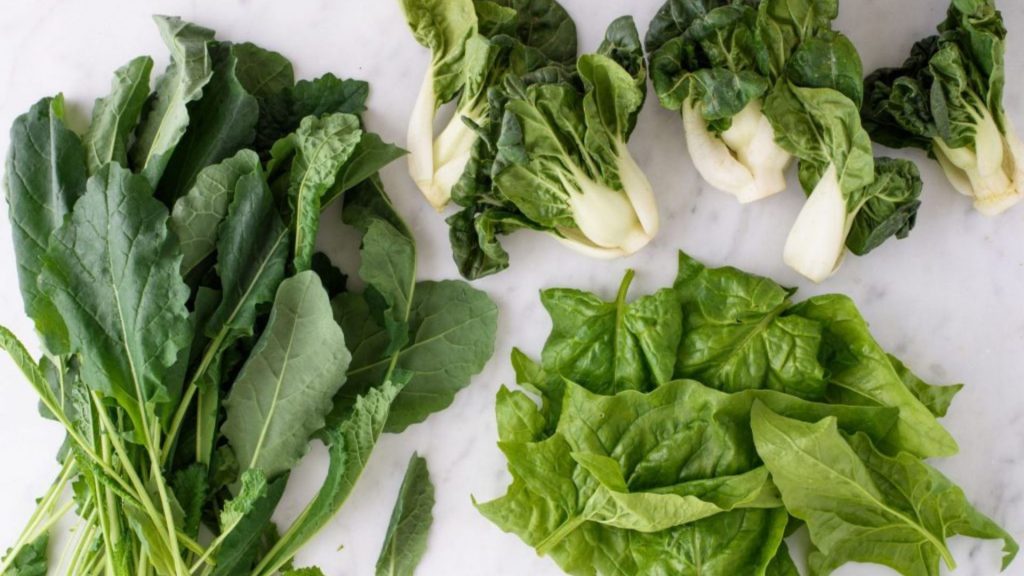
Sunflower Seeds
Sunflower seeds are known to be rich in Vitamin E. Additionally, they are good sources of folate, selenium, and omega-6 fatty acids. Adding salt to roasted sunflower seeds makes them delicious. It is also possible to add seeds to smoothies, yogurts, and salads.
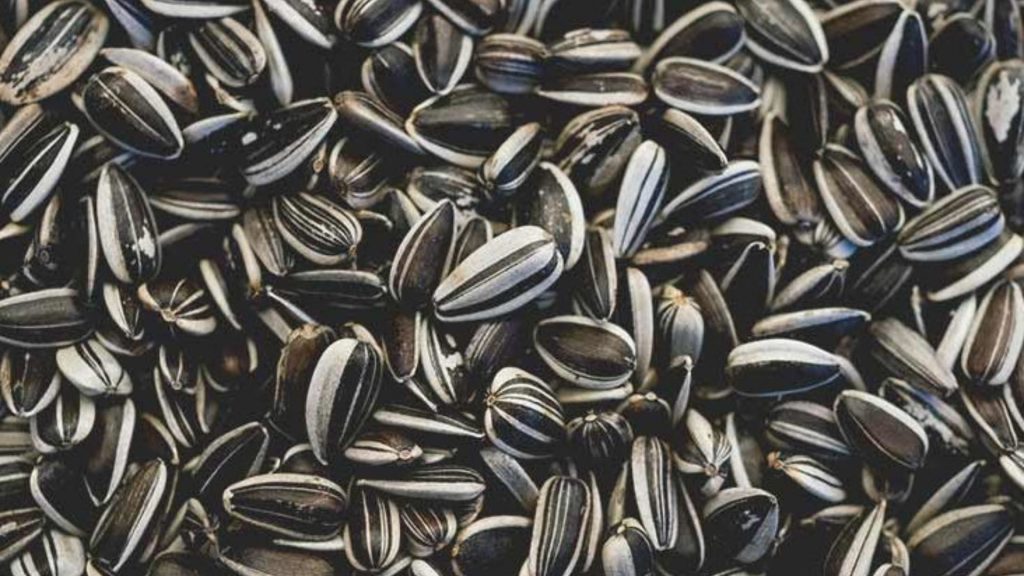
Salmon
Coldwater fish like salmon contain omega-3 fatty acids that may boost fertility and reduce inflammation in the body. It’s also known to be rich in vitamin D and selenium. There is evidence that low levels of vitamin D contribute to infertility in both men and women. Olive oil, avocado, oysters, seaweed, and walnuts also contain omega-3 fats.
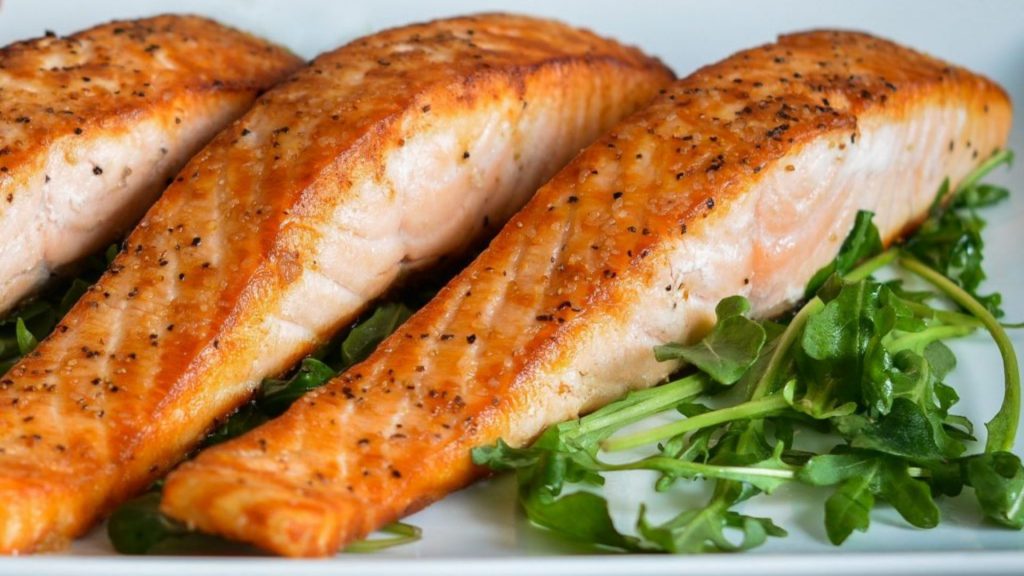
Pomegranate
Many antioxidants in pomegranates can reduce inflammation and boost your health. A study by National Center for Biotechnology Information, pomegranate extract combined with Galangal root improved sperm motility by 62% after three months of treatment given to a man with inadequate semen quality. Pomegranate juice should not be consumed more than four ounces daily. Instead, sprinkle seeds on full-fat yogurt or add them to salads.
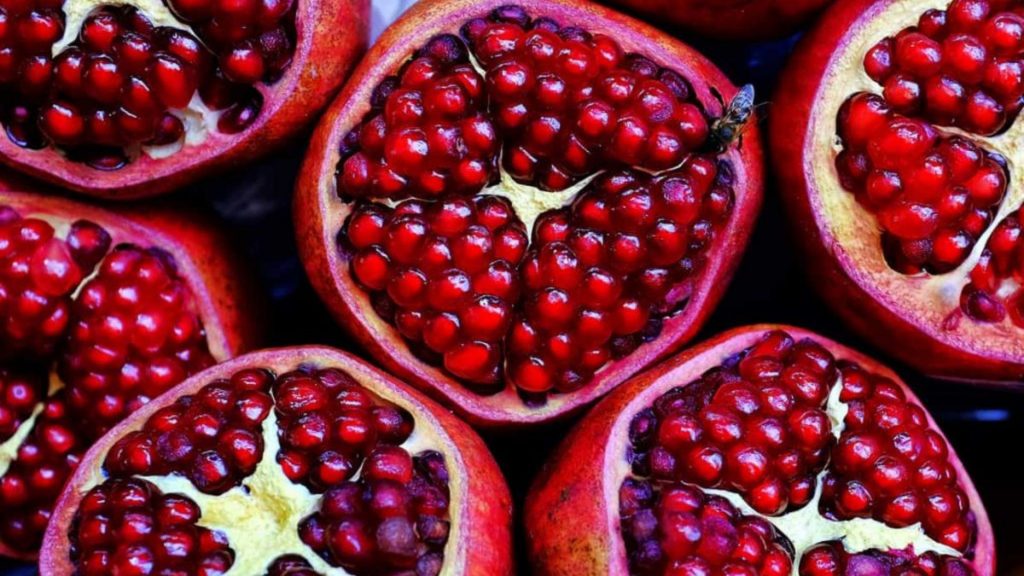
Lentils And Beans
Rich in fiber and folate, beans and lentils are your go-to foods to eat after IUI. These items help regulate your hormones and improve your chances of conception. Several lentils and beans are also filled with protein and calories. Adding lentils and beans to your diet daily is a good idea.
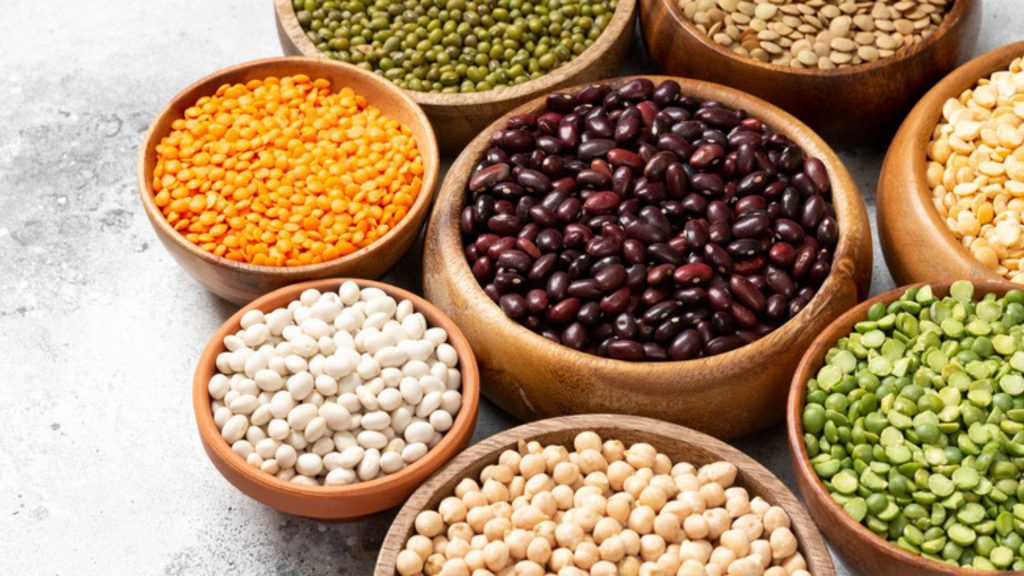
Asparagus
Asparagus is one of the popular fertility-boosting foods to help implantation after IUI. It is packed with several vital nutrients, including folate, vitamin K, vitamin C, vitamin A, and vitamin B. Asparagus can be eaten fresh and raw, or it can also be eaten as a cooked vegetable.
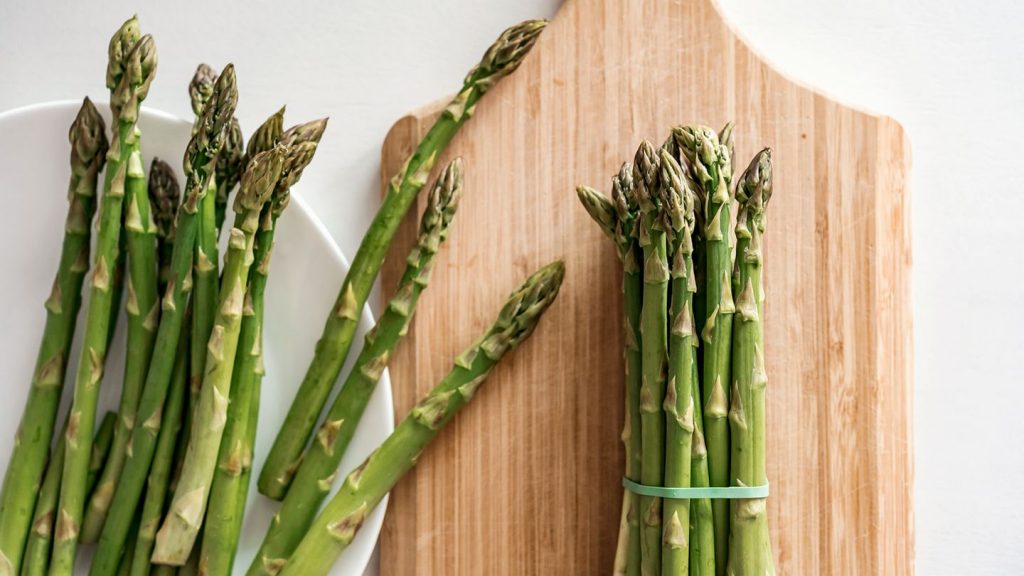
Oysters
This food is a good source of zinc. Men’s semen and testosterone levels are highly dependent on zinc. In addition, it is involved in egg growth and might contribute to ovulation and fertilization.
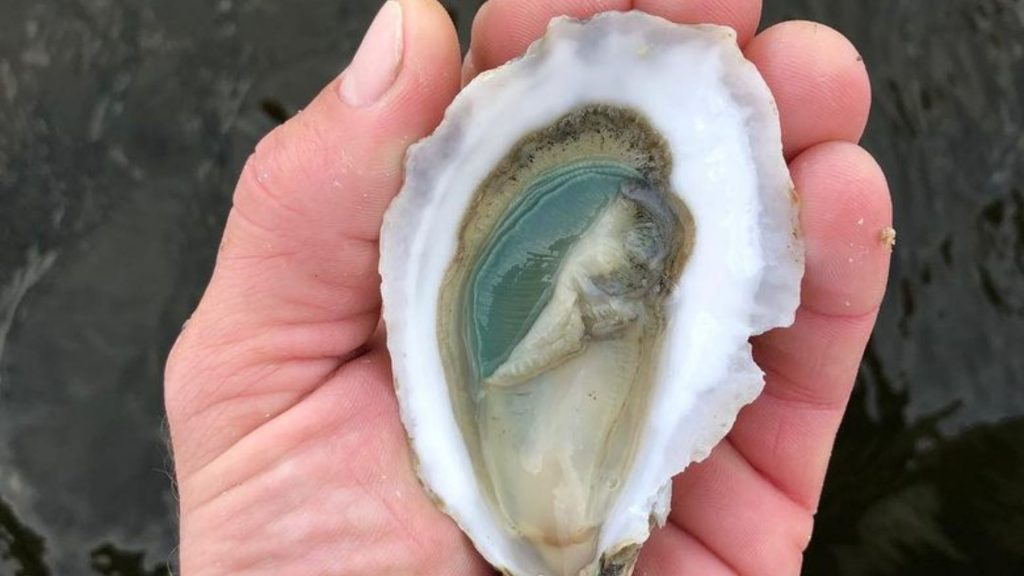
Full-Fat Dairy
A diet rich in full-fat dairy products like cream cheese, yogurt, whole milk may improve fertility. It has been found that women who consume full-fat dairy products are less likely to experience ovulation problems than women who consume low-fat dairy products.
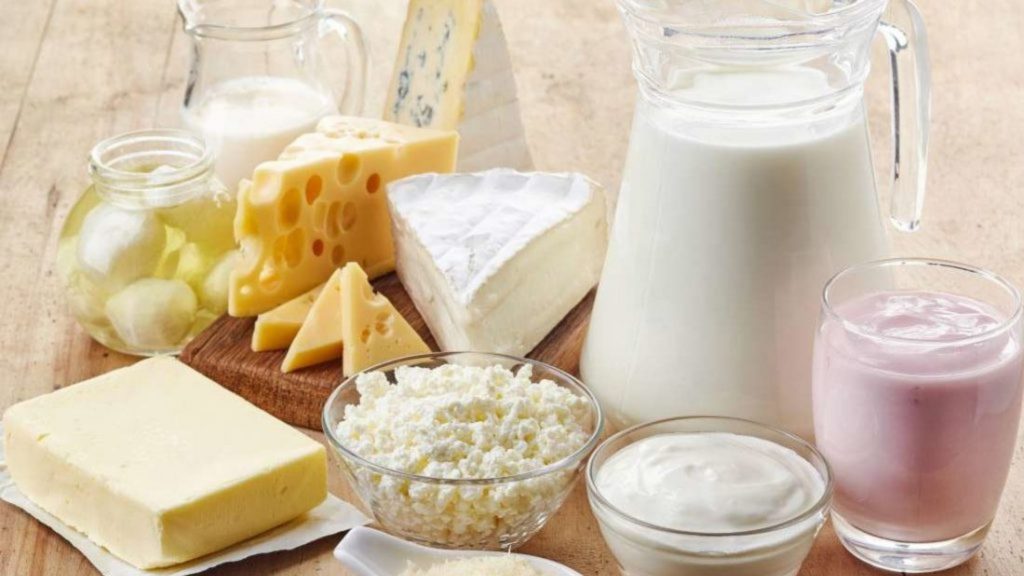
Progesterone Supplements
After an IUI, taking progesterone supplements can increase the uterine lining’s receptivity, increasing the likelihood that a fertilized egg will implant. Other good supplements after IUI are:
- Folic acids
- Omega-3
- Pycnogenol
- Vitamin C
- Vitamin E
So if you cannot fulfill the nutrient requirements by eating food, you should add these supplements.
After IUI Food to Avoid
IUI is an important decision for a couple and they are often confused about what to avoid after IUI. If you’re looking for the answers to fruits to avoid after IUI, vegetables to avoid after IUI, or even things to avoid after IUI, we have clear and crisp details for your clarity.
Besides the list mentioned above, there is a set of foods to avoid after IUI for successful implantation. These are:
- Baked Goods: Eat them in moderation after the IUI procedure, as they are rich in saturated and trans fats. Intake of these goods has resulted in poor fertility outcomes.
- Red and Processed Meats: Research suggests that consuming red and processed meats negatively affects your reproductive health as they are rich in trans and saturated fats. They also cause infertility problems, such as ovulation disorders in women.
- Processed Carbs: Food items high in processed carbs are known to impact a person’s fertility. Foods, including white crackers, desserts, baked goods, and other snacks, fall into this category. You can replace these foods with quinoa, millet, oats, and barley.
Diet And Lifestyle Tips From Experts To Prepare Your Body After IUI Treatment
Experts at Aastha Fertility have curated a special diet after IUI treatment, which helps in boosting success rates.
| Early Morning Empty Stomach | Drink a smoothie made of apple, red beetroot, and kale with flaxseed on the top. |
| Breakfast | One bowl of oats (bowl of happiness) with almonds and walnuts on top or One bowl of vegetable upama with curd. |
| Mid Morning Snack | A bowl of fruits (any of your choice) upto 100-150 grams. |
| Lunch | Two small bajra rotis along with a vegetable dish and one cup of sprouts salad. |
| Mid Afternoon Snack | A glass of buttermilk. |
| Evening Snack | A cup of green or cinnamon tea and cheela made of sweet potato with cilantro chutney. |
| Dinner | A bowl of stir-fried vegetables mixed with oats (daliya) and sambhar. |
| Before Bed | A glass of vegetable juice. |
Lifestyle Tips
- Maintain your body weight. Don’t be obese, as being over or underweight can hamper your hormone production.
- Remain active (perform mild-low activities).
- Always remain calm and relaxed. Stress can hinder your chances of getting pregnant, so eliminate it as much as possible.
- Avoid the use of illicit drugs and smoking.
- Start eating healthy.
- Lastly, be happy! It’s one of the most important things you can do.
Conclusion
A healthy and balanced diet is crucial after the IUI procedure as it would help in implantation and maintain the health of the mother and the baby. Eating green leafy vegetables, sunflower seeds, salmon, pomegranate, lentils, beans, asparagus, oysters, and full-fat dairy is extremely good for your health. There are also some foods that you need to avoid, such as baked goods, red and processed meats, and processed carbs. If you want a healthy pregnancy, having a good diet must be on top of your list.
If you want to know more about IUI treatment and what to eat after IUI for success, Aastha Fertility Care provides the best IUI treatment and comes with the best success rates in India, and guides you for daily diet after IUI.
Schedule your appointment for further details.
More About IUI
When to Take a Pregnancy Test After IUI?
Following an IUI, the two-week wait can be agonizing and challenging; however, avoiding false positive and negative results is worth it. Follow your IVF expert’s instructions and wait for at least 14-20 days before taking a pregnancy test after IUI procedure.
What are the Symptoms of IUI Pregnancy?
The following symptoms are associated with IUI pregnancy:
Spotting of Blood
- This spotting is known as implantation bleeding, occurring two weeks post-IUI treatment.
- Spotting, a.k.a implantation, is one of the first signs of pregnancy, but not every woman experiences it.
Breast Tenderness
- This is one of the most common symptoms of pregnancy post-IUI in which the breast begins to get sore, sensitive, and a little heavy due to an increase in progesterone and estrogen hormones.
Nausea
- It is common for women to feel nauseated in the morning as a result of estrogen draining the stomach.
- If the morning sickness or nausea persists several weeks post IUI, it may indicate pregnancy.
Other symptoms like food aversions, fatigue, delay in periods, and constantly high body temperature may indicate IUI pregnancy.
What are The Causes of IUI Failures?
Listed below are the causes of IUI failure:
- The egg’s quality is poor
- The endometrial lining is inappropriate
- Poor sperm quality
- Deficiency in progesterone
- Age
- Timing
- Lack of ovulation
What happens During IUI day by day?
- Day 1 – Analysis of Semen (blood test)
- Day 2 – IUI process begins
- Day 3 – 3 Days After IUI, Few women may experience spotting
- Day 6 – Day of implantation
- Day 7-8 – Implantation bleeding occurs
- Day 10-14 – HCG (beta) test
- Day 15 – Day of fertilization
- Day 16 – Fertilized eggs become impassable
- Day 17- Division of cells
- Day 18 – Embryo formation
- Day 19 – Embryo becomes a blastocyst
- Day 20 – Blastocyst attached to the uterus
To get Detailed Information check out: What happens after IUI Day by Day
What to expect after an IUI procedure?
Some women may experience
- Abdomen cramping
- Mild and severe cramping
- Spotting
Frequently Asked Questions
1. After an IUI, what foods should you avoid?
Foods that cause more indigestion should be avoided, such as hot, spicy foods and foods with asafoetida.
2. Can I drink tea after IUI?
Tea and coffee are usual practices that many of us enjoy. Despite this, you should reduce your intake of such items after the intrauterine (IUI) procedure. Keep tea, coffee, and caffeine intake up to 1-2 cups daily.
3. Can I eat chicken after IUI?
Yes, You can eat chicken after the IUI procedure. Chicken contains low- fat with lots of nutrients. But it is crucial that chicken is well cooked & has fewer spices while you prepare chicken after your IUI procedure.
4. Can I eat sweets after IUI?
Fertility experts avoid hard-to-digest, processed food and sugary beverages right after the IUI treatment.
5. Is there any particular type of food that helps improve fertility?
Natural anti-inflammatory and anti-oxidant phytonutrients present in strawberries, raspberries, and blueberries, are two elements that significantly increase fertility in both women and men.
6. Should I be taking any dietary supplements after an IUI?
Supplements can be taken according to your doctor’s instructions. Usually, after an IUI, doctors prescribe progesterone supplements to increase the uterine lining’s receptivity, increasing the likelihood that a fertilized egg will implant.
7. Are there any vitamins, minerals, or herbs that can improve my chances of IUI success?
Yes, all the vitamins, especially Vitamin C and E, can improve the chances of conceiving. All the good minerals, such as calcium, zinc, etc., could also help with the success of IUI.
8. Are there any dietary guidelines for increasing the effectiveness of fertility drugs taken during an IUI cycle?
Increase your protein intake while reducing your carbohydrate intake. Eating healthy can improve your chances of getting pregnant, even if you suffer from PCOS. You can consume things like oats, nuts, berries, eggs, and seeds. You can also consume vitamin D-rich foods. Eating well can help to improve your chances of getting pregnant.
9. What foods can I consume that can help my body recover after an IUI cycle?
Foods rich in fiber, folate, and protein are good for you and help your body recover after IUI.
10. What nutritional habits can I make to ensure that my body is ready for a successful pregnancy after an IUI cycle?
You can ensure your body is ready for a successful pregnancy after an IUI cycle by eating food rich in Vitamin C, Vitamin E, Vitamin D, protein, and folic acids.
11. How can I ensure I’m getting enough of the necessary nutrients for fertility and pregnancy on a vegetarian or vegan diet?
Consume various fruits, vegetables, whole grains, dairy products with low or no fat, and protein-rich foods. Select products that include fewer added sugars, sodium, and saturated fats. Avoid eating too many foods with refined grains and carbohydrates, such as white bread, cookies, and some unhealthy snacks.
12. I’m experiencing symptoms such as nausea or vomiting after my IUI. Can my diet affect these symptoms and how can I manage them?
Due to increased estrogen levels after an IUI procedure, many women experience nausea. Several weeks after an IUI, nausea could signify pregnancy because estrogen levels are at their maximum in the morning. You can feel nausea and vomiting because of unhealthy food habits as well. To manage nausea and vomiting, you should eat food high in protein and less fat to digest it easily and drink a glut of fluids.
13. I have food allergies or intolerances. How can I incorporate fertility-supporting foods into my diet while avoiding allergens?
If you have an allergy to a specific food, try to find an alternative or take supplements to fulfill the requirement.
14. Can I eat raw or undercooked foods after an IUI?
No, do not eat raw or undercooked, including uncooked animal products, because when consuming these meals, there is a higher risk of indigestion and infection.
15. Can i eat egg after IUI?
Yes, eggs are advised to consume after IUI as these are rich sources of fat-soluble vitamins and omega 3 fatty acids.

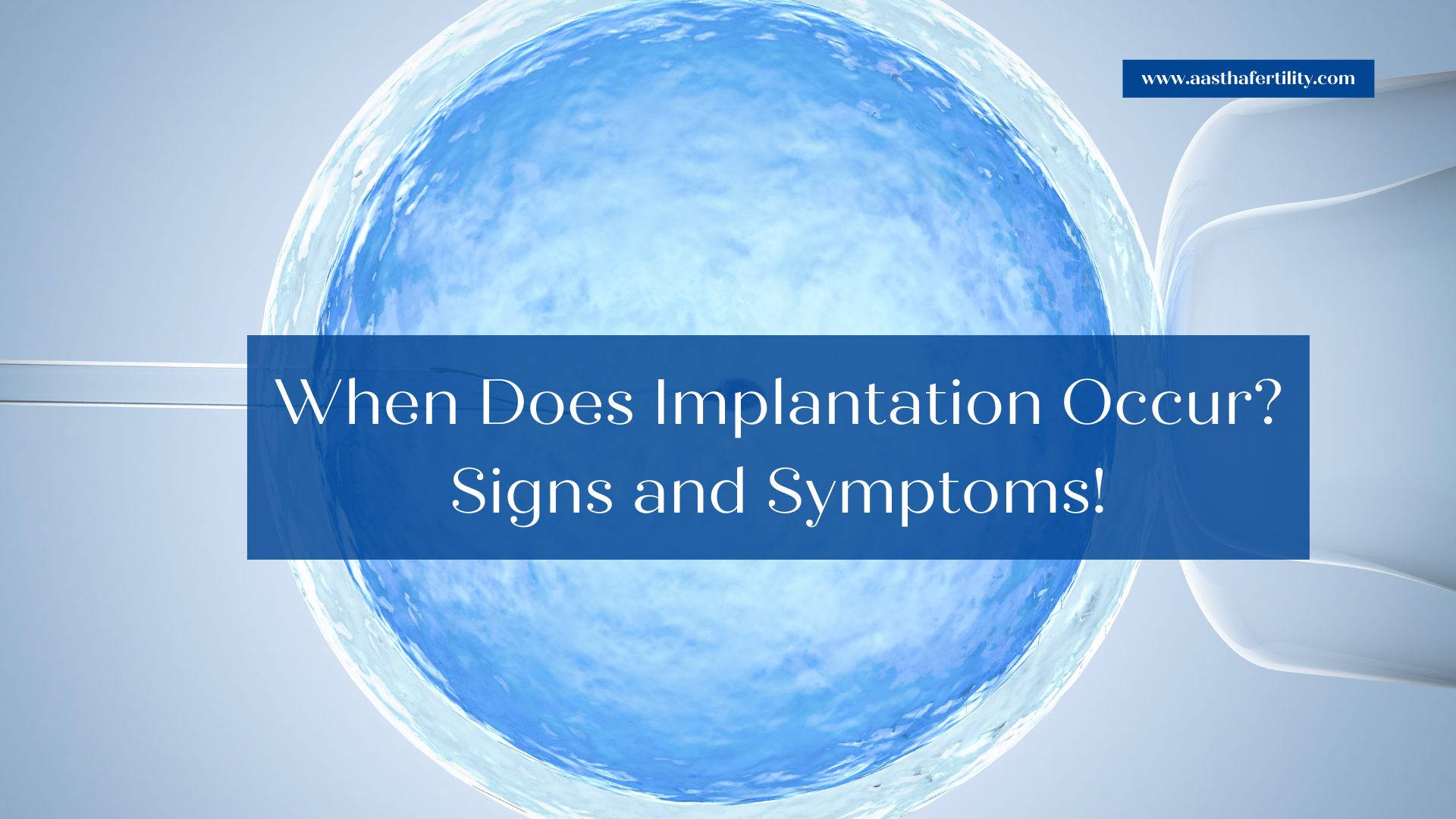
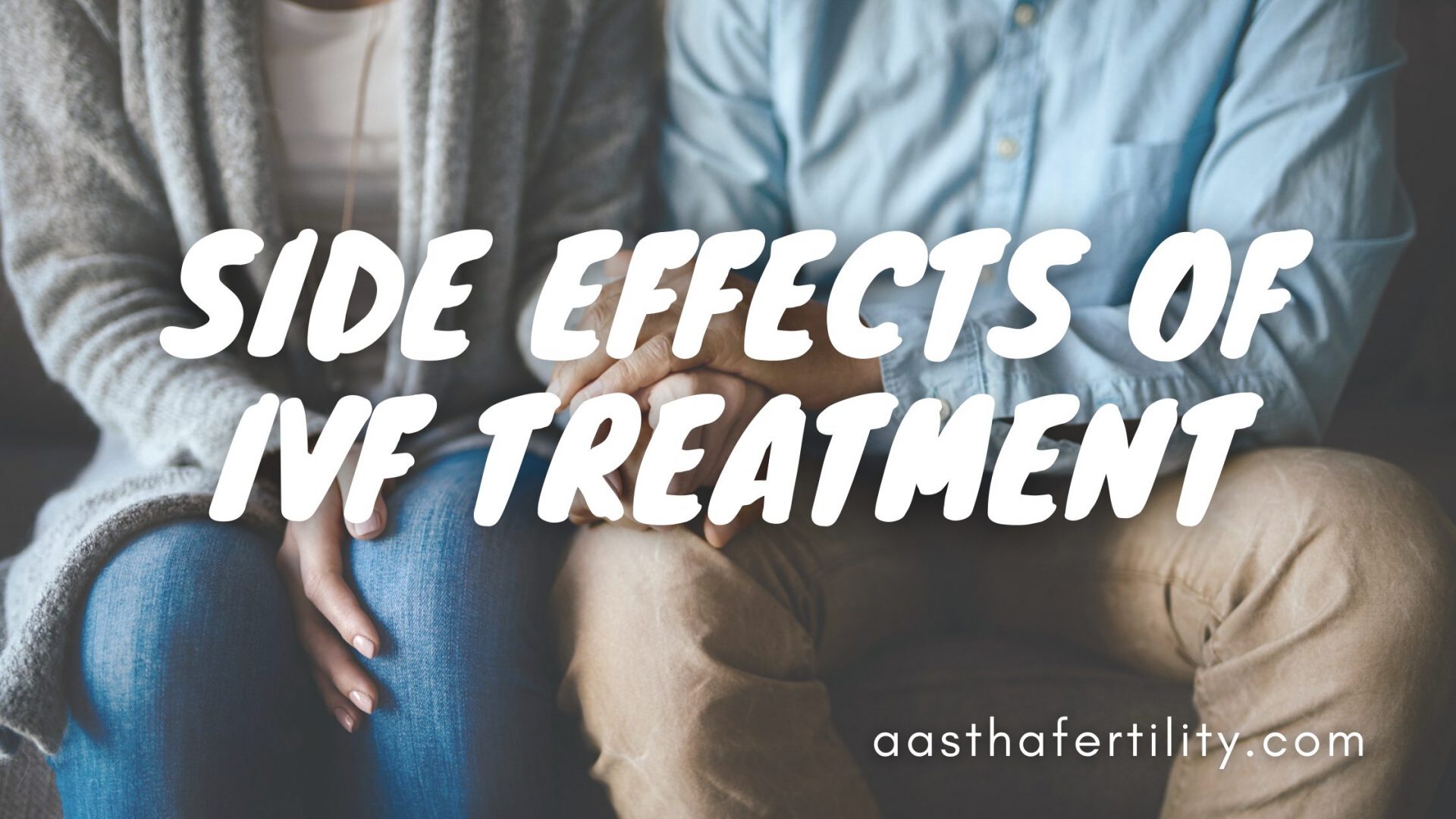
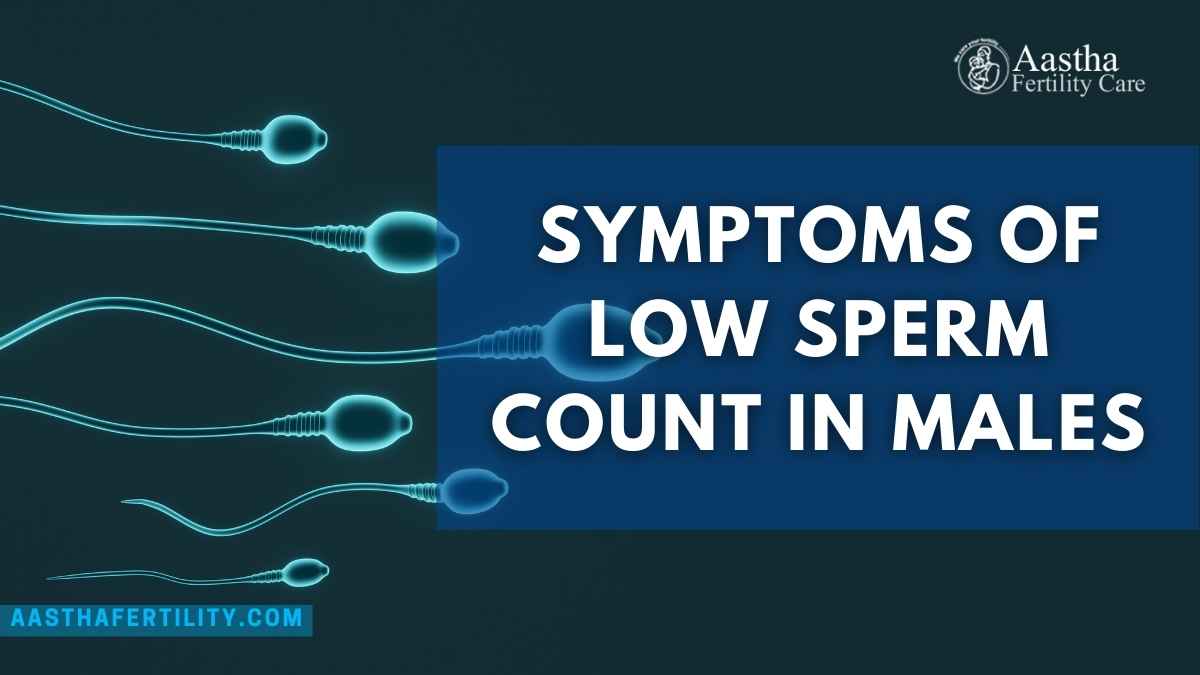

Leave a comment